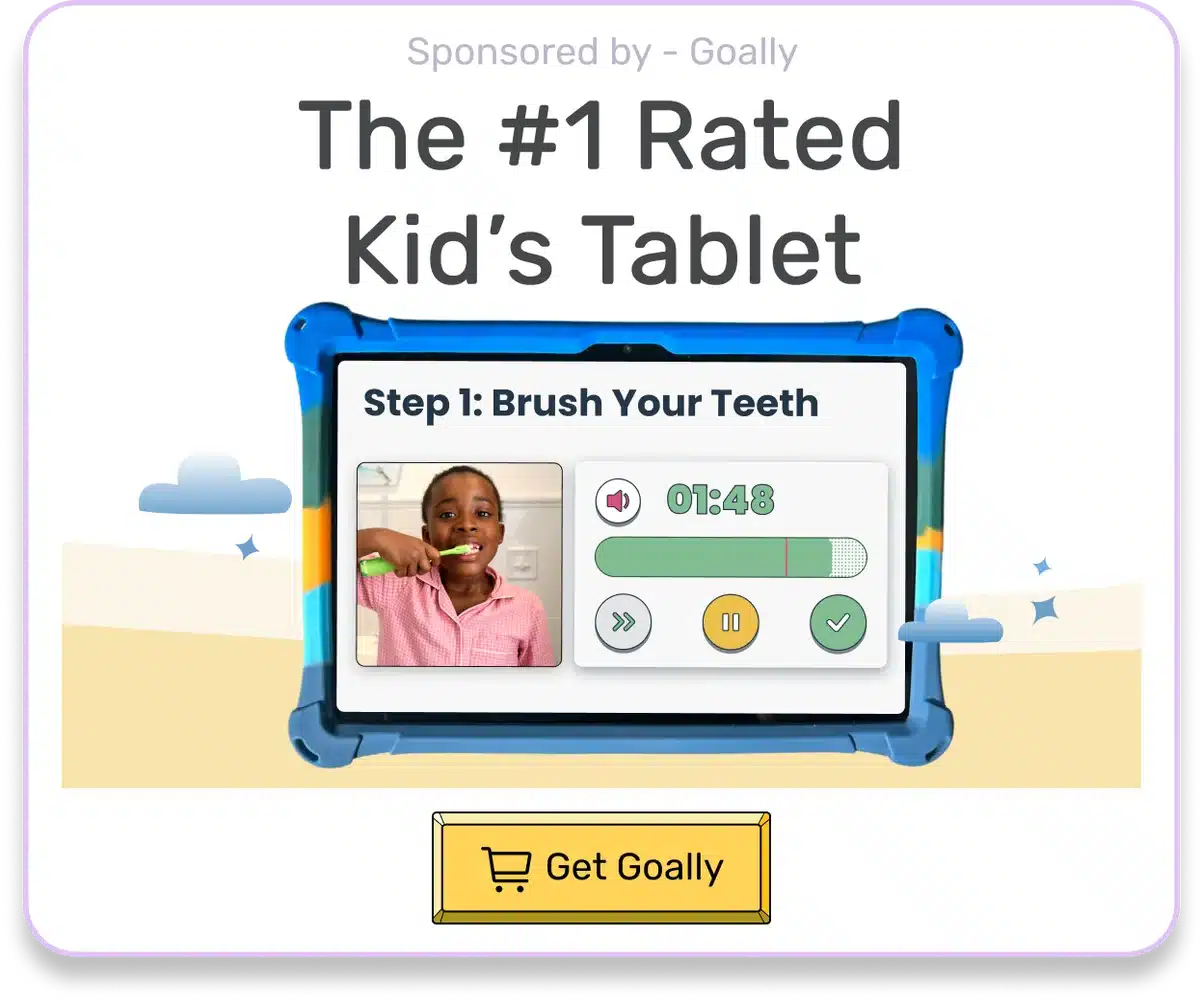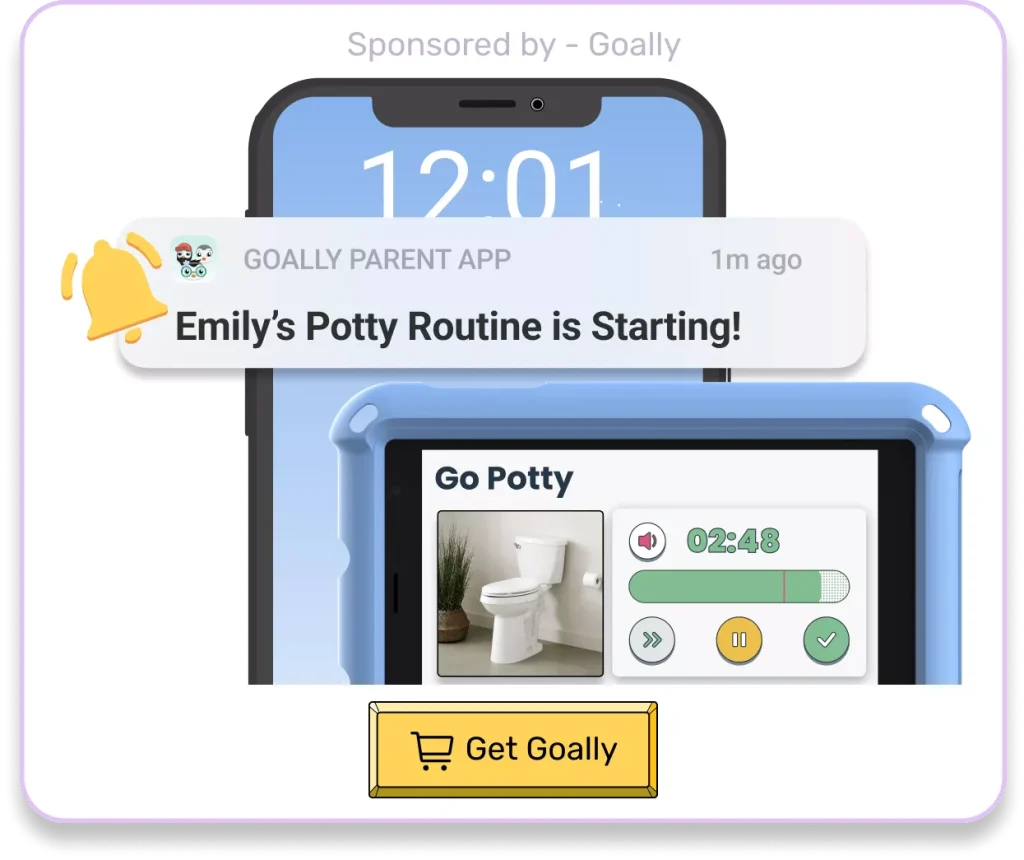As someone who works with kids every day, I often hear concerns from parents about the safety of vaccines, particularly the myth that they can cause autism. This myth has been thoroughly debunked by numerous studies and scientific research, and it’s important to understand the facts so that you can make informed decisions about your child’s health.
Table of Contents
Autism and Its Causes
Autism is a complex condition that affects many kids with thinking and learning differences. It’s also known as Autism Spectrum Disorder (ASD), and its symptoms can be within a range from mild to severe. Kids with autism may have difficulty with social interaction, communication, and behavior. The exact causes of autism are unknown, research suggests that both genetic and environmental factors play a role. One thing is clear: vaccines do not cause autism.
The idea that vaccines cause autism stems from a study that has since been disproven several times. The case study, published in the medical journal The Lancet, claimed that there was a provable link between the MMR vaccine and autism. However, the study ended up being fraudulent, and the lead author lost their medical license. Since then, numerous studies have shown that there is no causal relationship between vaccines and autism.

Read more: How Do Kids Get Autism?
Debunking the Vaccines-Autism Myth
It’s quite baffling that the myth “Do vaccines cause autism” still lingers, even with the ample evidence debunking it. Misinformation, especially on social media, plays a significant role in keeping this misconception alive. As parents and caregivers, being extra cautious about the information sources you trust is essential.
To help you navigate through this topic, here are some reliable sources to refer to:
Always prioritize the information provided by these organizations to ensure you’re up-to-date with accurate knowledge. Keeping a critical eye on social media claims and holding onto facts from credible sources will aid in dispelling the “Do vaccines cause autism” myth, providing a safer future for our children.
Goally | The Tablet for Neurodiverse Kids

The Importance of Vaccines
When looking at the essential question, “Do vaccines cause autism,” it’s crucial not to overlook the immense value vaccines provide in protecting our health. As a parent, you know that vaccines play an integral role in the fight against disease, helping to:
- Eradicate diseases like smallpox.
- Reduce the occurrence of illnesses such as measles, mumps, and rubella.
- Strengthen our immune system to defend against harmful viruses and bacteria.
With their proven safety and effectiveness, vaccines also serve a critical purpose for children with special needs or underlying health conditions. Since these children might have weaker immune systems, vaccines can shield them from severe illnesses and help maintain their well-being. Additionally, vaccines contribute to the broader community’s health by promoting “herd immunity,” significantly reducing the likelihood of disease outbreaks. So, while considering the question, “Do vaccines cause autism,” bear in mind the numerous ways vaccines maintain our children’s health and the community’s overall wellness.

Read more: Why is My Child Autistic?
Staying Healthy Overall
In addition to vaccinations, there are many things you can do to support your child’s overall health. Here are some tips:
- Encourage your child to eat a healthy and balanced diet. This can include plenty of fruits and vegetables, whole grains, and lean proteins.
- Make sure your child gets enough sleep. Kids with special needs may require more sleep than other kids.
- Encourage your child to stay active. This can include activities like swimming, dancing, or walking.
- Consult with your doctor about any concerns you have in regards to your child’s health.
Read More: Navigating Dietary Restrictions in Children with Disabilities
Vaccines Do Not Cause Autism and Vaccine Schedule
Vaccines remain safe and effective, and they protect us from serious diseases. By following the recommended vaccination schedule, supporting your child’s overall health, and seeking professional support when needed, you can help keep your child healthy and thriving. As you can see, there are many vaccinations recommended for kids at various ages. It’s important to follow the recommended schedule to ensure that your child receives protection from these serious diseases. Finally, if you have any concerns or questions about vaccines, don’t hesitate to talk to your doctor.
Remember, vaccines are safe and effective. They protect us from serious diseases and are an essential tool in keeping our communities healthy. By staying informed and following the recommended vaccination schedule, you can help keep your child healthy and thriving.
Vaccine Schedule
| Vaccine | Age Range | Disease Protection |
| DTaP | 2, 4, 6, and 15-18 months, and 4-6 years | Diphtheria, tetanus, pertussis |
| Hib | 2, 4, and 12-15 months | Haemophilus influenzae type b |
| Polio | 2, 4, 6-18 months, and 4-6 years | Polio |
| PCV13 | 2, 4, 6, and 12-15 months | Pneumococcal disease |
| RV | 2 and 4 months | Rotavirus |
| MMR | 12-15 months and 4-6 years | Measles, mumps, rubella |
| Varicella | 12-15 months and 4-6 years | Chickenpox |
| HepA | 12-23 months | Hepatitis A |
| HepB | Birth, 1-2 months, and 6-18 months | Hepatitis B |
| Influenza | Yearly starting at 6 months | Influenza |
As you can see, there are many vaccinations that are recommended for kids at various ages. Next, it’s important to follow the recommended schedule to ensure that your child is protected from these serious diseases. Finally, if you have any concerns or questions about vaccines, don’t hesitate to talk to your doctor.
Goally | Visual Scheduler for Autism
Does your child struggle with getting ready in the morning independently? Goally’s routine app on the best tablet for kids breaks down large tasks into small, achievable steps for autistic kids. Create custom routines with your own videos & pictures for every step.
Remember, vaccines are safe and effective. They protect us from serious diseases and are an essential tool in keeping our communities healthy. By staying informed and following the recommended vaccination schedule, you can help keep your child healthy and thriving.
FAQs About Autism and Vaccines
Do vaccines cause autism in children? No, extensive research has consistently shown no link between vaccines and autism in children. Are vaccines safe for children with autism? Yes, vaccines are safe and recommended for children with autism to protect them against preventable diseases. Is the MMR vaccine connected to autism? No, multiple studies have debunked the claim that the Measles, Mumps, and Rubella (MMR) vaccine is linked to autism. What is the real cause of autism in children? The exact cause of autism is unknown, but it is believed to be a complex interplay of genetic and environmental factors. Can early intervention help children with autism? Yes, early intervention using learning tools, like visual schedules and emotional regulation apps, can greatly improve children's developmental outcomes.
This post was originally published on 04/16/2023. It was updated on 07/03/2024.

Goally
We help parents teach their kids life skills, like doing bedtime and morning independently. Backed by science, we incorporate evidence-based practices and expert-informed designs in all of our apps and content.






